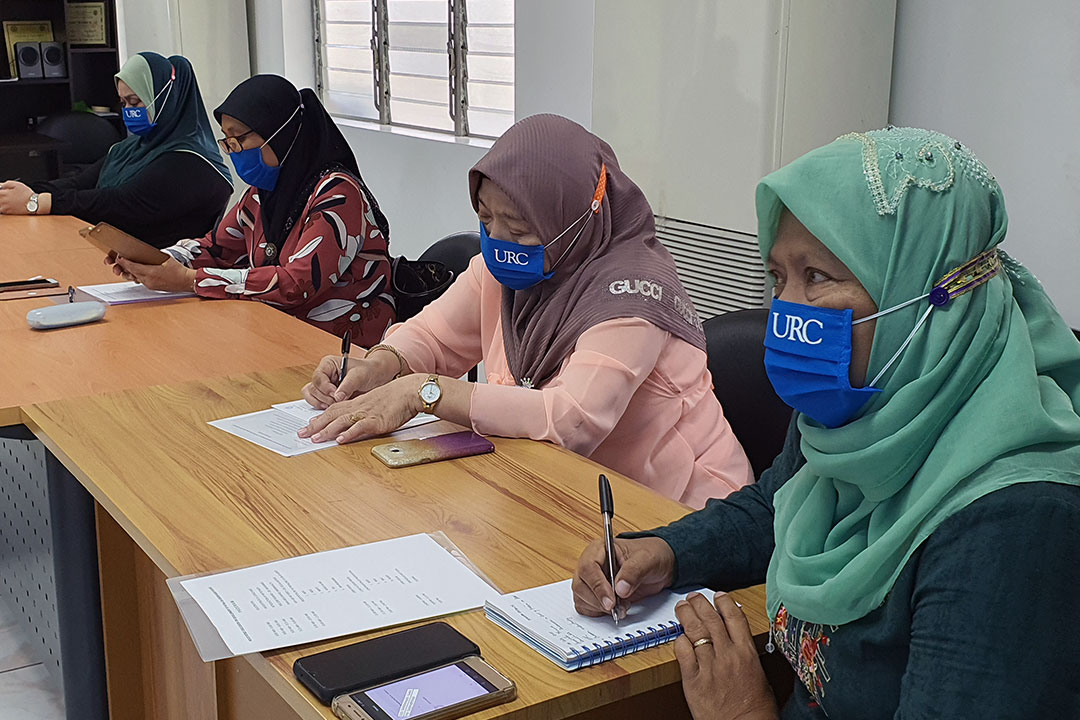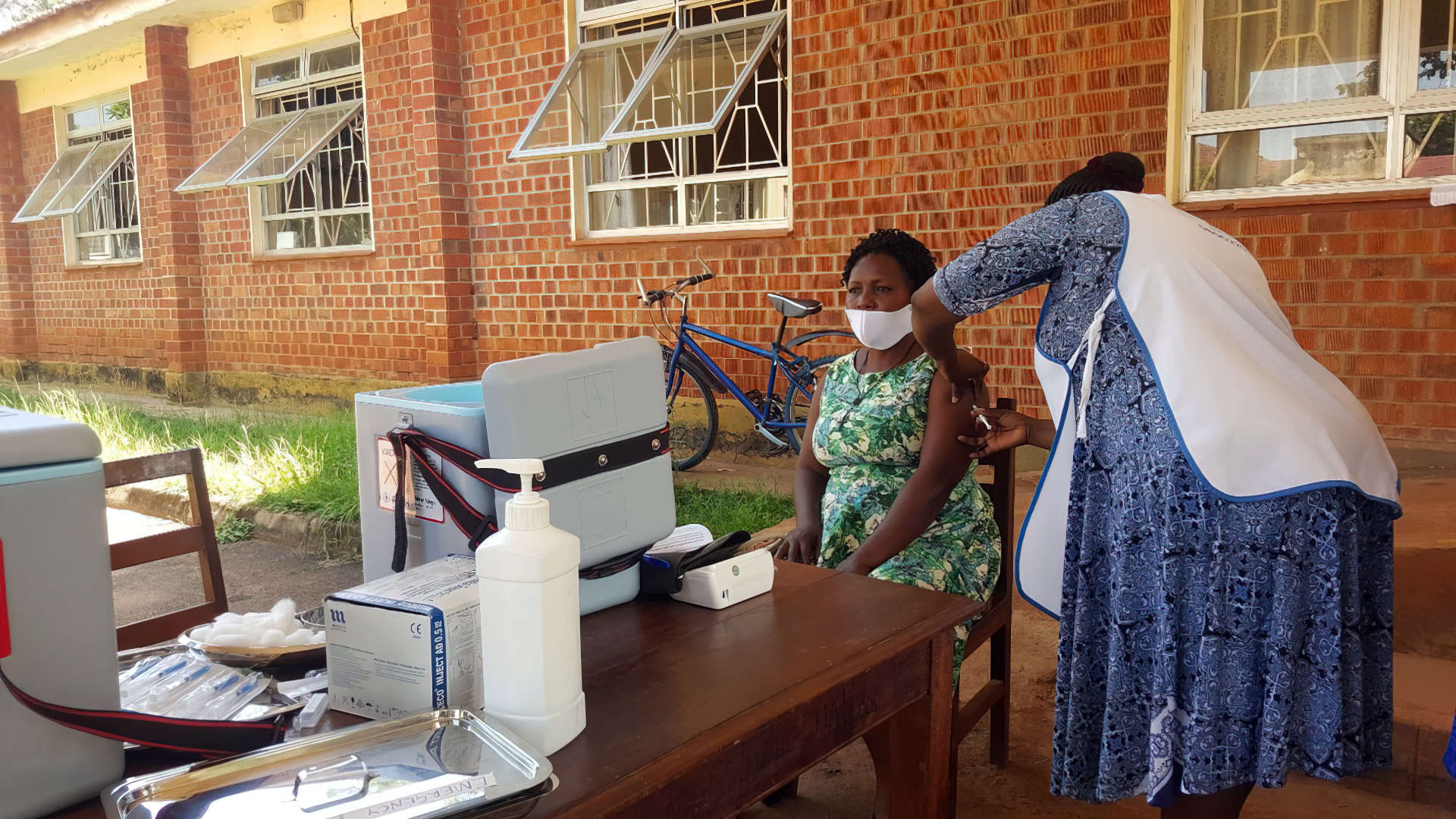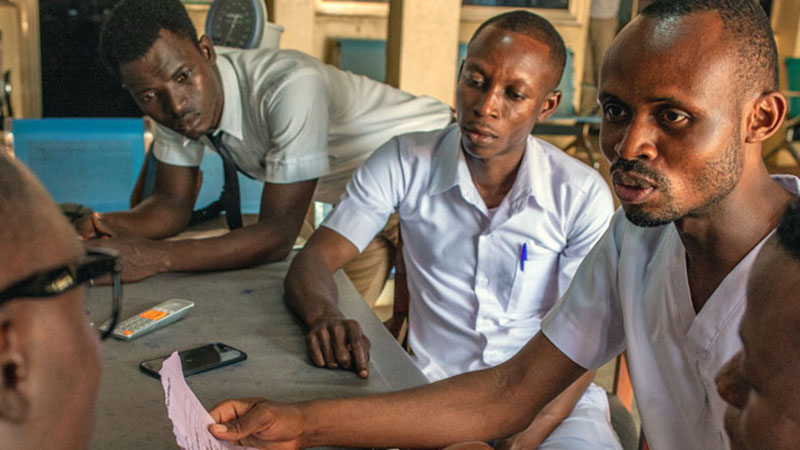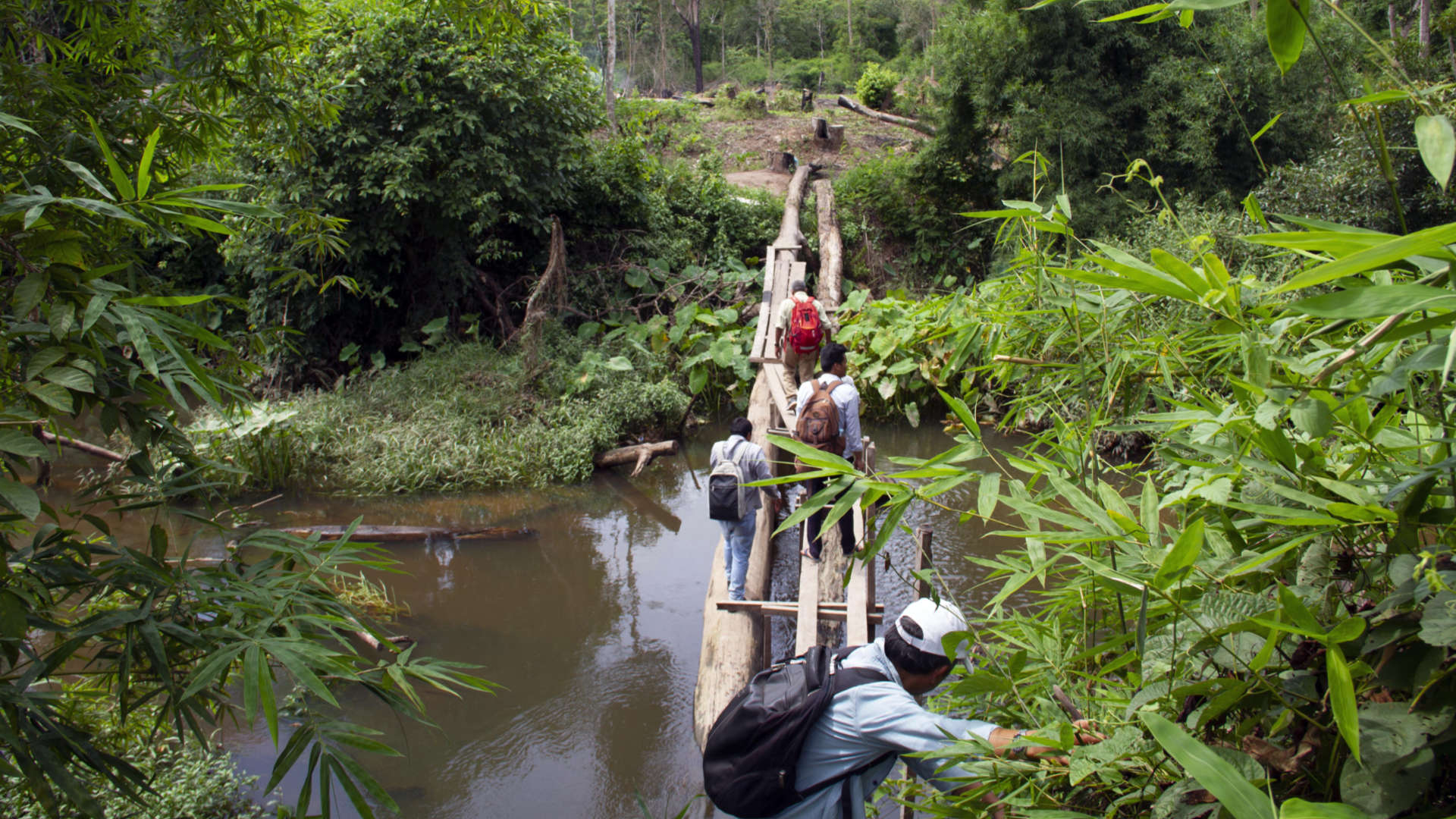
Dennis Carroll
Chief Scientist
The following excerpt is taken from an article on Devex that was posted on January 8, 2021.
The COVID-19 pandemic is forcing the world out of business as usual. This includes U.S. development organizations, which will play a key role in getting coronavirus vaccines to many of the 5 billion people in low- and middle-income countries.
Private development firms and organizations are competitive by nature. They would not exist without funding from the U.S. Agency for International Development, the United Kingdom’s Department for International Development, Australia’s Department of Foreign Affairs and Trade, the Japan International Cooperation Agency, and others. But now is the time for development organizations to put aside their corporate interests and begin working together, in advance of U.S. President-elect Joe Biden’s administration, to frame a coordinated response to ensure equitable access to COVID-19 vaccines.
We need to assess how we can maximize our collective capabilities to contribute to the global vaccination effort being led by the COVID-19 Vaccine Global Access Facility, or COVAX. It will be a challenge to bring the vaccines from tarmac to arm, especially in low-resource countries. The vaccines will have their own transport, storage, and cold chain requirements, plus individual inoculation protocols. Some will require a follow-up dose weeks after the initial one and will necessitate precise patient data management…



